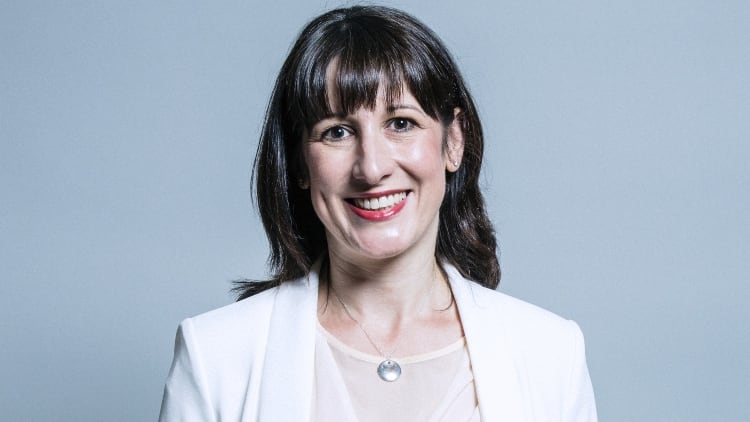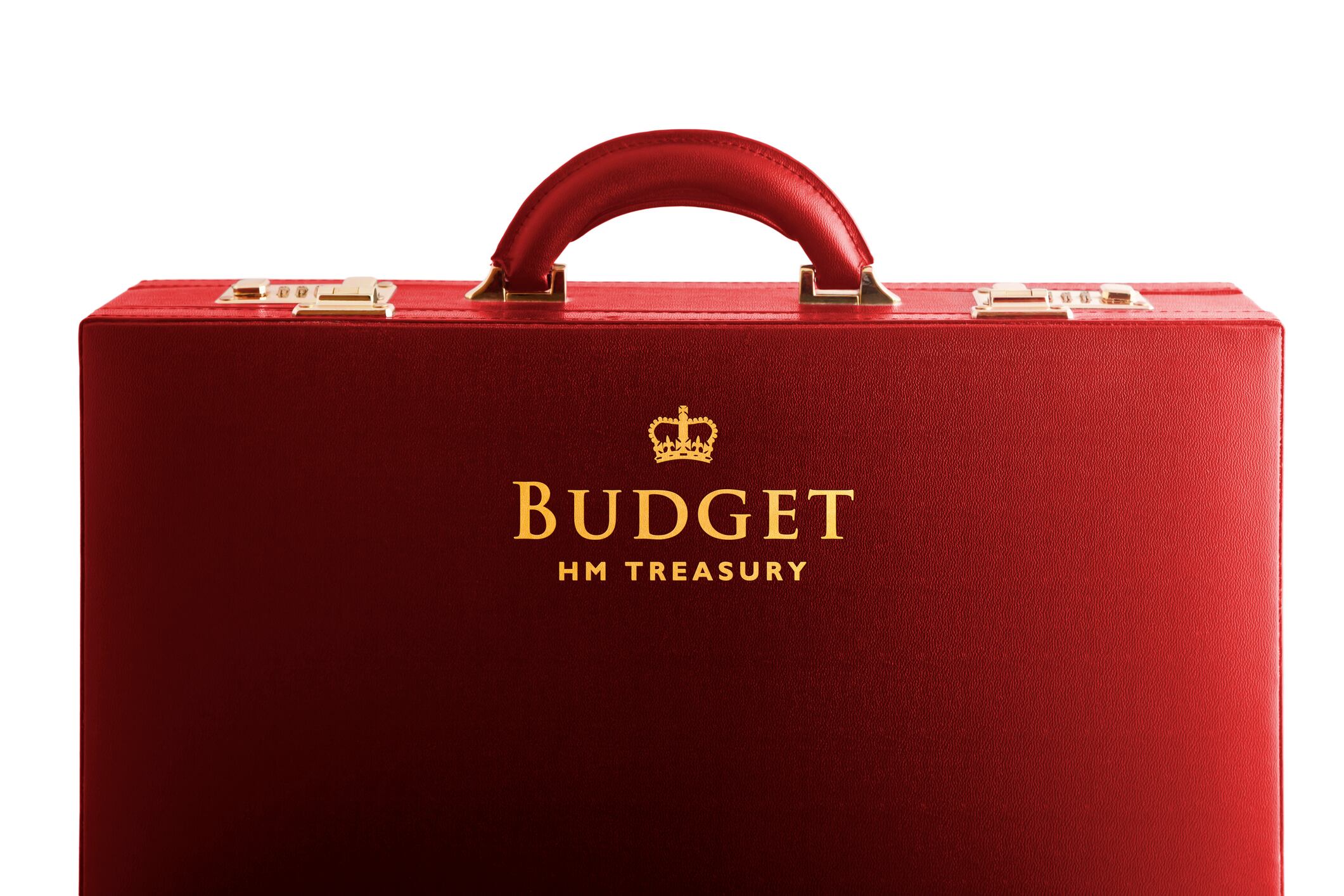On a monthly basis, food and non-alcoholic drink prices rose by 0.5% in October 2025.
Five categories saw inflation in double digits for October: beef and veal (27.0%), chocolate (17.5%), whole milk (15.5%), butter (14.3%) and coffee (14.2%).
Meanwhile, prices fell fastest for olive oil (-15.4%), flours (-6.2%), sugar (-3.7%), rice (-2.4%) and frozen seafood (-2.3%)
Food inflation to average around 4%
Despite the uptick in food inflation figures, James Walton, chief economist at IGD, said that, overall, it will average at around 4% for 2025.
“Therefore, food inflation is likely past its peak and retailers will use this as an opportunity to hold prices down to drive volume growth during the crucial Christmas trading period,” he added.
“However, many shoppers are still finding it tough and will be looking around to find the best possible value for money, with IGD ShopperVista data showing that 66% of people plan to shop for promotions more and 65% plan to use their loyalty cards more as a way of managing household budgets.
“All eyes will now be on what is set to be a challenging Budget for the Chancellor. Food businesses will be assessing the implications in terms of additional costs impacting food inflation and any changes affecting households, which has the potential to impact spend.”
Karen Betts, chief executive of The Food and Drink Federation (FDF), described the rise in food inflation as “concerning” especially in the lead up to Christmas.
“Food and drink manufacturers are paying nearly 40% more for ingredients and energy than they were in January 2020, as well as bearing a range of newer regulatory costs, like new packaging taxes and increases to employer national insurance. Hard-pressed food and drink companies are finding they simply have no choice but to increase prices,” she explained.
Reeves reacts to inflation figures
Chancellor Rachel Reeves told the media that whilst she welcomes the drop in overall inflation this month, she recognises that inflation and the cost of living is “still a big burden”.
Commenting on rising food prices, she added: “I do recognise there’s more that we need to do.”
She said she will be taking “targeted action” to bring down inflation, with next week’s Budget to focus on three major “priorities”. These are the cost of living, NHS waiting lists, and government debt.
What can we expect from the Budget?
Reeves has left only a small fiscal buffer under her own rules, leaving her with little wiggle room against tough economic conditions. Earlier this year, the Organisation for Economic Co-operation and Development (OECD) labelled this as a risky move as it slashed its growth outlook for Britain.
“Currently very thin fiscal buffers could be insufficient to provide adequate support without breaching the fiscal rules in the event of renewed adverse shocks,” its report read.
“Efforts to rebuild buffers should be stepped up.”
With hardy any headroom, Reeves must find a way to plug a very large financial hole. In other words, we can expect spending cuts and/or a pedalling back on manifesto pledges.
Income tax had been expected to rise – a move which would have broken one of the government’s promises. However, the Financial Times revealed just a few days ago, that Reeves has ditched the idea after a better-than-expected economic forecast.
We could instead see the chancellor freezing or lowering income tax thresholds. Other taxes may also see hikes.
At last week’s MA Live Restaurant event – which brought together various figureheads from the hospitality sector – Kate Nicholls, CEO of UKHospitality, said she expects taxes to be placed on “businesses of sin” by which she means gambling firms or even those dealing with alcohol.
As Nicholls said during the conference, speculation on what the Budget will bring seems to change each day – and this has continued, with a raid on the pensions lump sum allowance (which was flagged by the CEO at the event) since being taken off the table.
Commenting further at the time, Nicholls told MA Live attendees that she doesn’t “think it [the Budget] will be good”.
She added: “All we can do is hope it’s neutral.”
Food manufacturers are ‘feeling nervous’
Meanwhile, food manufacturers are feeling nervous, with 9 in 10 worried about the impact of additional costs and taxes on food prices according to the FDF.
“We want instead to see government step up and support our sector, by protecting businesses from unwelcome tax surprises and partnering with us to drive growth and build resilience, to help prevent future price rises for shoppers,” Betts added.
BCMPA boss, Emma Verkaik, is also calling on the Government to ‘do all it can’ to ease National Insurance contributions, cut red tape and bring down energy bills.
“The rise in National Insurance contributions from employers has contributed to a significant recruitment slowdown and a capping in pay rises. This makes it difficult for SMEs to invest and grow, adding pressure to the existing workforce where they are already at capacity and making long term expansion plans very difficult,” the British Contract Manufacturers and Packers Association (BCMPA) CEO explained.
The lack of growth and low confidence has also resulted in companies being unable to invest in automation, with BCMPA saying a number of its members are reporting cut backs or investment halts in capital expenditure.
It added that SMEs are also hitting pause on new hires, which includes taking on apprenticeships.
Alongside its asks to ease cost burdens, the BCMPA wants the establishment of ‘SME Impact Assessments’ for all new policies to ensure that regulation doesn’t disproportionately burden small firms.
“Energy bills are staggeringly high and while the Government has advised that there will be some potential relief for large energy consumers, this is still some way off,” added Verkaik.
“UK firms are less competitive against their international rivals and although relief is likely to arrive in 2026/27, the short-term pressures remain. And smaller manufacturers may not benefit in the same way as larger energy intensive manufacturing firms.
“In addition, members in the packaging industry are getting to grips with the introduction of Extended Producer Responsibility (EPR). This change encourages brands to increase their use of recycled materials, which is also driving up packaging prices of recycled material. While sustainability is a key issue for the industry and a once in a lifetime restructure, there is a danger that EPR will create more burdens on overstretched workforces to provide detailed reporting. It creates a new industry of its own with compliance schemes loading additional costs onto firms, which are already stretched.”



